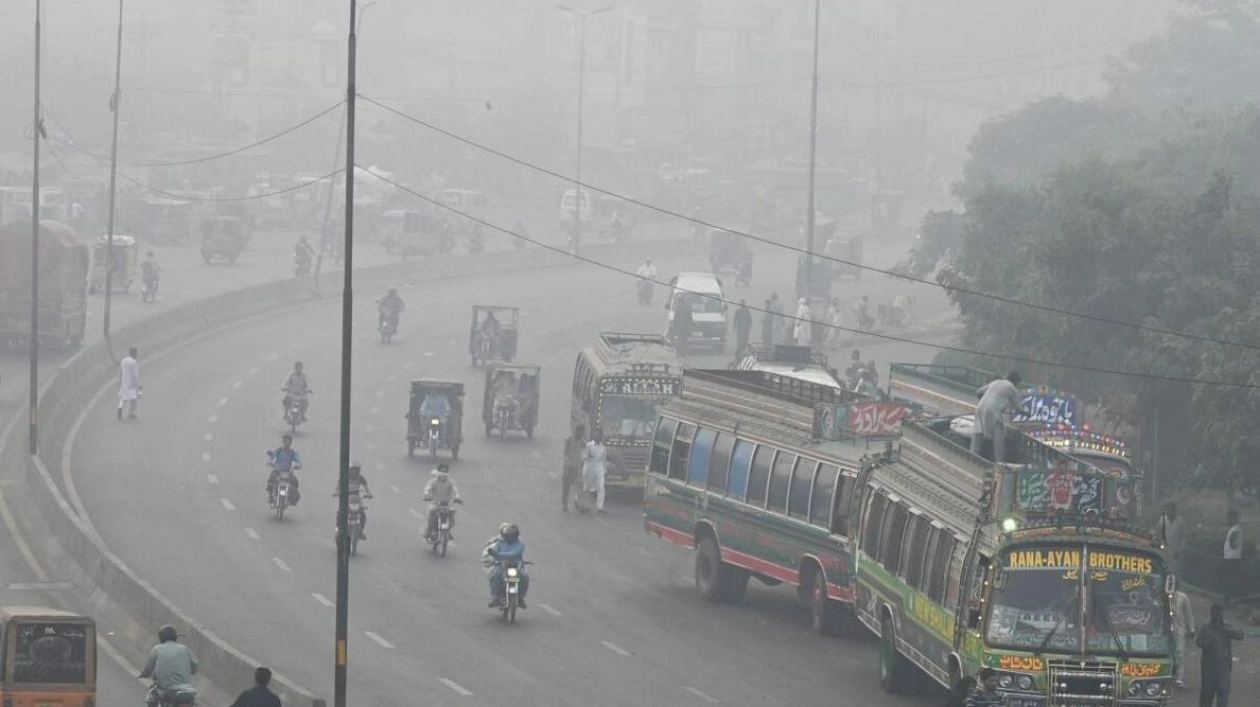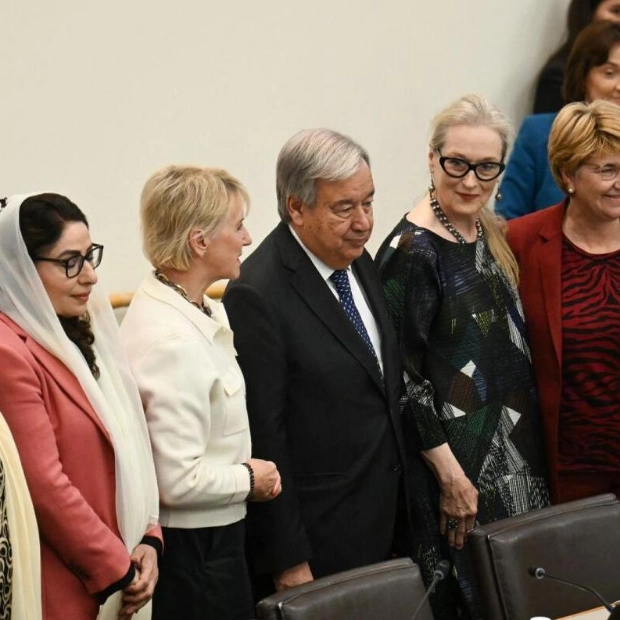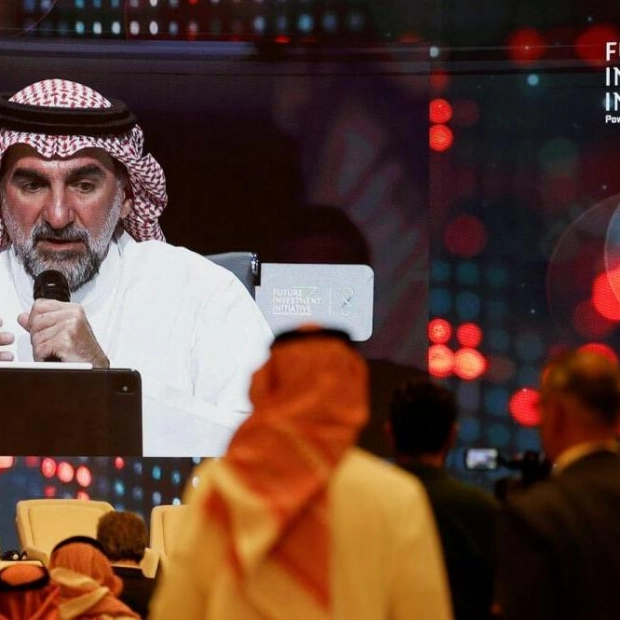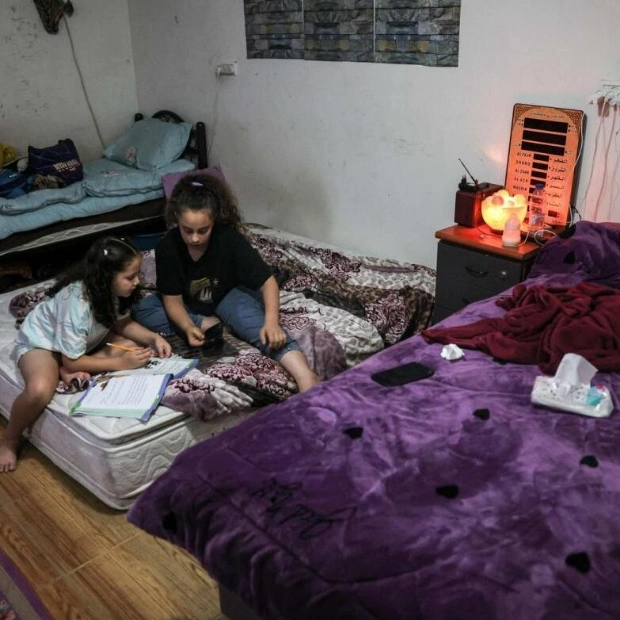Commuters navigate a heavily smog-covered road in Lahore on Wednesday. — AFP
In an effort to combat the choking smog, authorities in Pakistan's second-largest city, Lahore, have imposed bans on certain activities in parts of the city. The eastern metropolis, located near the border with India, frequently ranks among the world's most polluted cities. On Wednesday evening, the city recorded pollution levels nearly 20 times higher than the safe limit set by the World Health Organization (WHO).
The smog issue is particularly severe during winter when colder, denser air traps emissions from low-quality fuels used in vehicles and factories at ground level in the city, which is home to 14 million people. Additionally, seasonal crop burning by farmers on the outskirts of Lahore contributes to the toxic air, which the WHO warns can lead to strokes, heart disease, lung cancer, and respiratory illnesses.
The Environmental Protection Agency of Punjab province has issued a notification introducing new restrictions in four identified 'air pollution hotspots' around the city. These measures include blocking rickshaws with more polluting two-stroke engines from entering the zones and imposing a complete ban on restaurants that barbeque without smoke control filters.
Government and private offices have also been instructed to have half their staff work from home starting Monday. 'How will the government save me from smog at my house?' questioned 52-year-old sales executive Hafiz Saleem. 'It's everywhere; no place is safe. These lockdowns are useless. Much more needs to be done.'
Construction activities will be halted, and street food vendors, who often cook on open fires, will be required to close after 8:00 pm. 'Why should I pay the price for the government's failure?' asked roadside restaurateur Mohammad Rizwan.
Lahore is grappling with the consequences of man-made environmental changes, including increasing summer heatwaves attributed to climate change and the regular winter smog. Starting Monday, school hours have been reduced, and children are banned from outdoor play to protect them from the pollution.
According to the University of Chicago's Energy Policy Institute, pollution levels exceeding WHO safety standards reduce the life expectancy of Lahore residents by an average of 7.5 years. Children are particularly at risk due to their less developed lungs and higher respiratory rate, which means they inhale more air relative to their size than adults.
UNICEF reports that nearly 600 million children in South Asia are exposed to high levels of air pollution.
Source link: https://www.khaleejtimes.com






